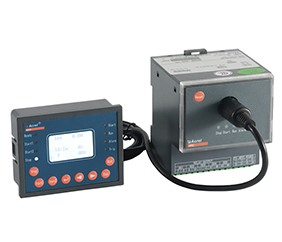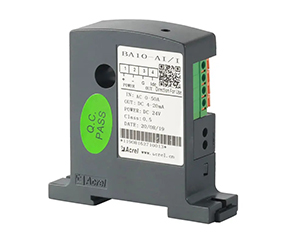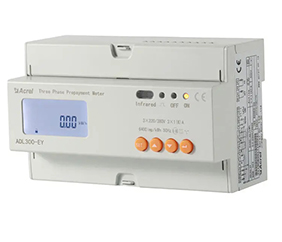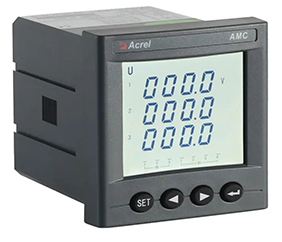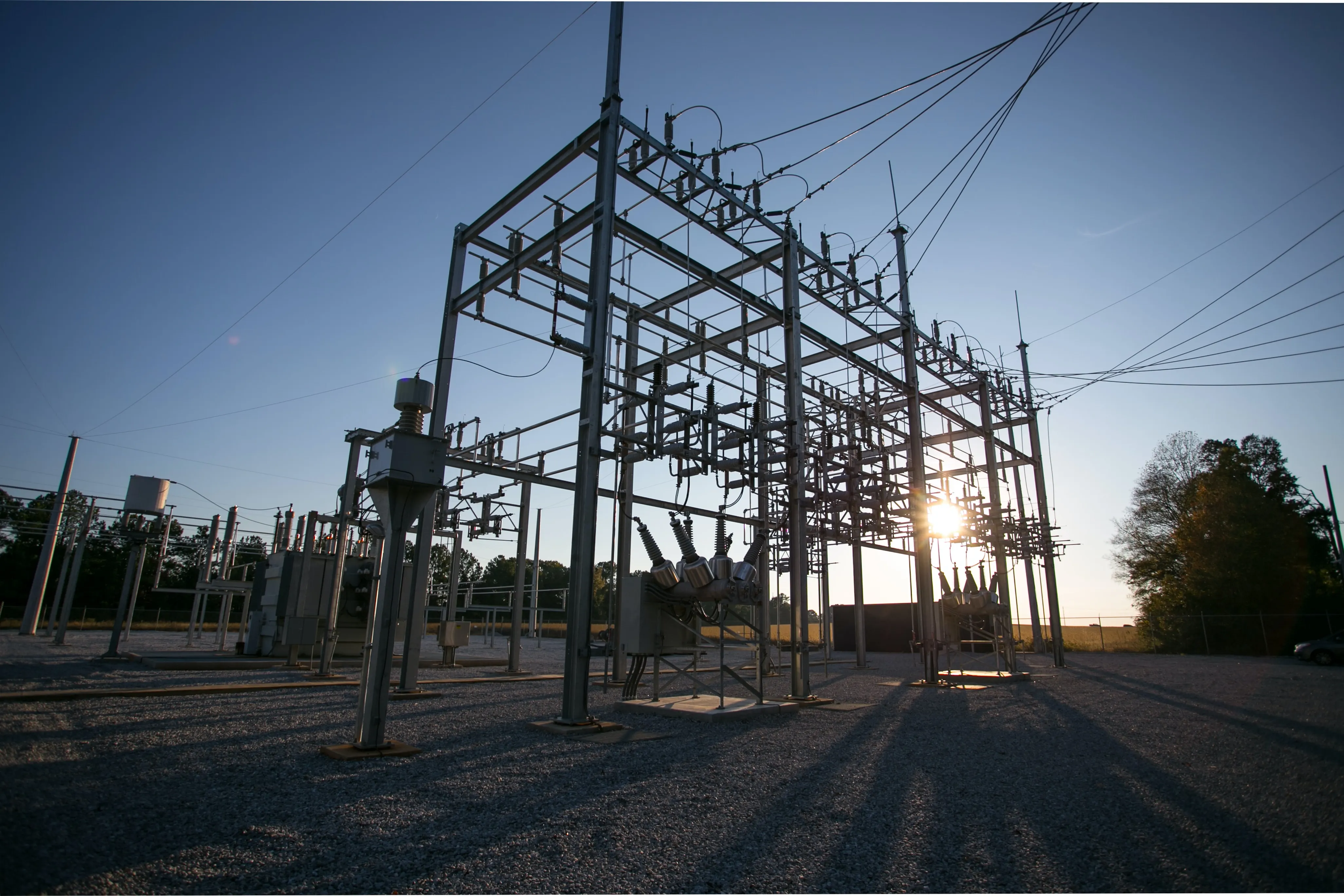
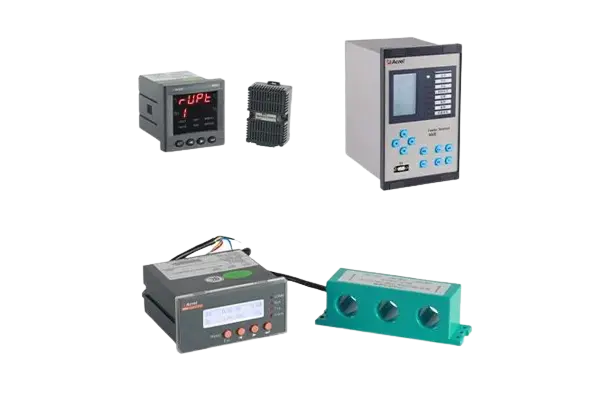
Whether household or industrial electricity, the power consumption is stable. Based on the formula current = power ÷ voltage, the actual current size can be calculated. For example, for household electricity with a power of 8000W and a voltage of 220V, the current is approximately 36A. Therefore, a single-phase 60A meter is sufficient. For industrial electricity with a power of 30000W and a voltage of 220V, the current for each phase is about 45A. Therefore, a three-phase 60A meter is appropriate.
Common voltage levels:
220V, 380V, 500V, 660V, 690V, 1000V, 1500V
Different application scenarios require different digital energy meter working functions and load currents, so selecting based on specific needs is the most suitable. For example, residential areas mainly require electricity for household use with smaller power demands, and the needs focus on convenient metering, fee inquiry, and anti-theft features. Thus, a single-phase meter with remote prepayment and anti-theft functions is appropriate. For large machinery factories, which mainly require industrial electricity with higher power demands, the focus is on factory energy monitoring, data analysis, and energy saving. Therefore, a three-phase remote meter with active and reactive measurement and multiple data monitoring functions is suitable.
Purpose and needs: Different application scenarios and needs may require different specifications and functions of smart meters. For example, a small household may only need basic power measurement and remote reading, while industrial applications may require support for tiered pricing and multi-rate billing.
Accuracy requirements: The measurement accuracy of the energy meter is an important factor to consider. Higher accuracy results in more accurate measurement, but the price also increases accordingly.
Interface standards: Common interface standards for energy meters include RS-485, Modbus, and DLT/645. Choose based on communication protocol and device compatibility.
Cost and budget: energy meter prices vary by model and function, so choose based on budget and cost.
Acrel energy meter is your ideal choice for energy monitoring applications. Acrel is the first in the industry to adopt advanced lead-free production technology, providing guarantees for product industrialization and large-scale implementation. Acrel is dedicated to developing smart power monitoring and energy metering management applications on the user side of the smart grid and is one of the leaders in the energy meter industry. Acrel energy meters can be divided into panel meters and DIN rail energy meters, meeting your needs!
 English
English 日本語
日本語 한국어
한국어 français
français Deutsch
Deutsch Español
Español italiano
italiano русский
русский português
português tiếng việt
tiếng việt Türkçe
Türkçe العربية
العربية